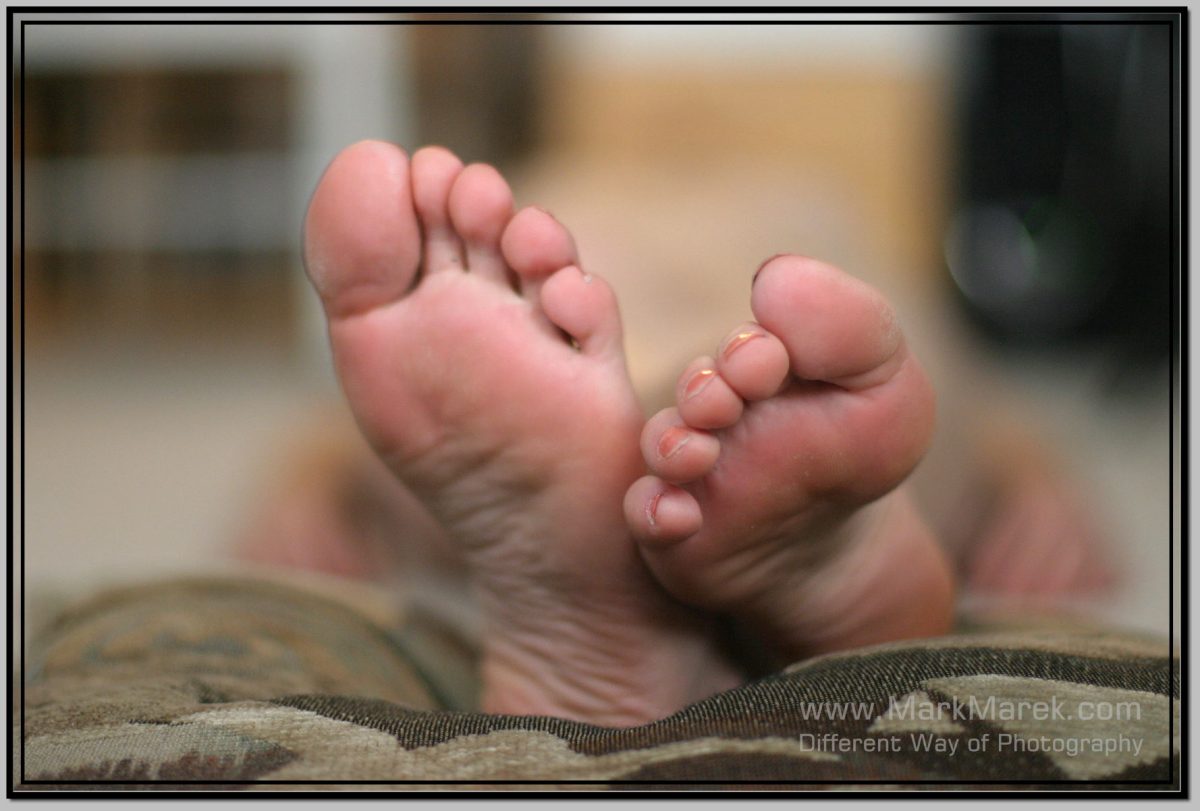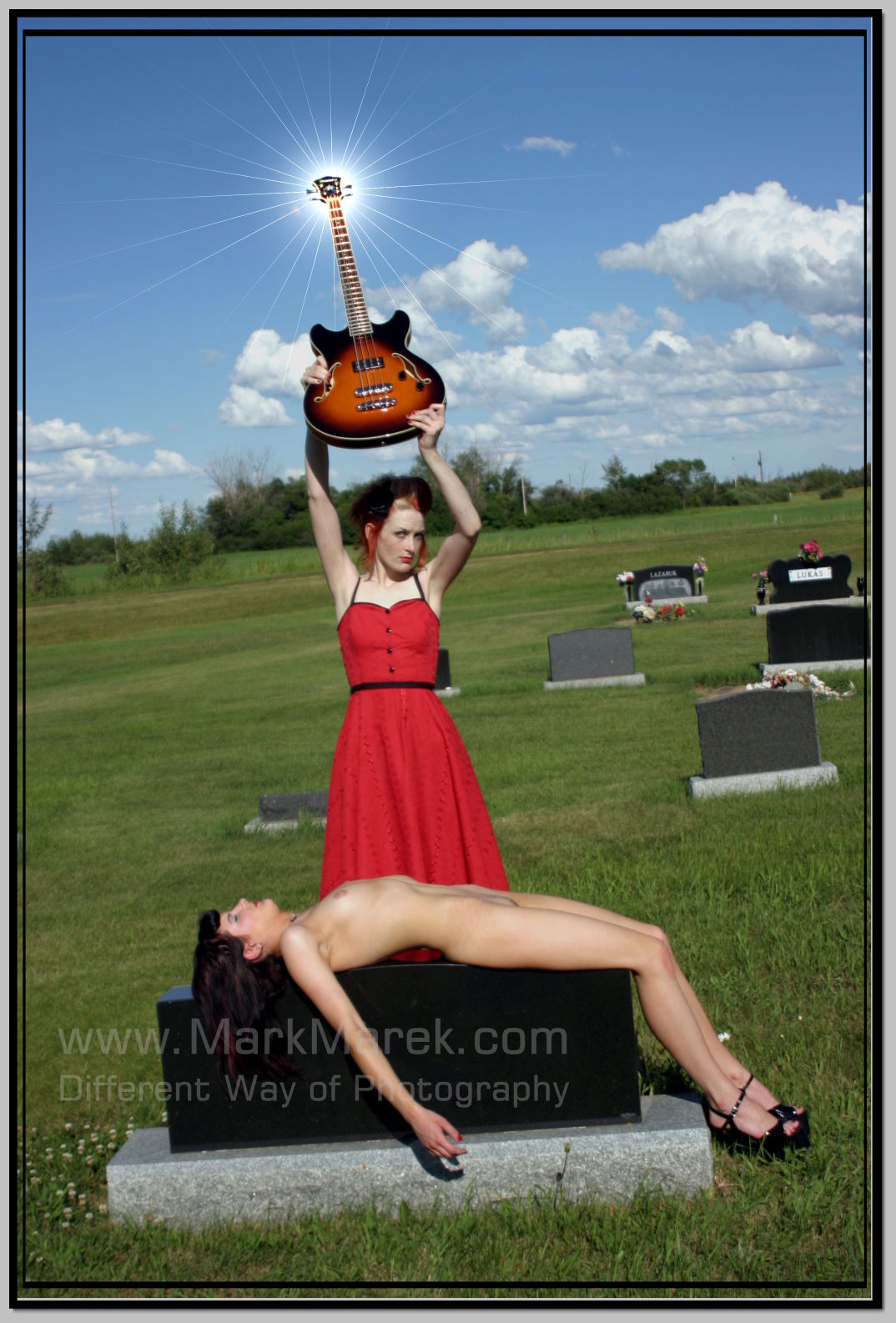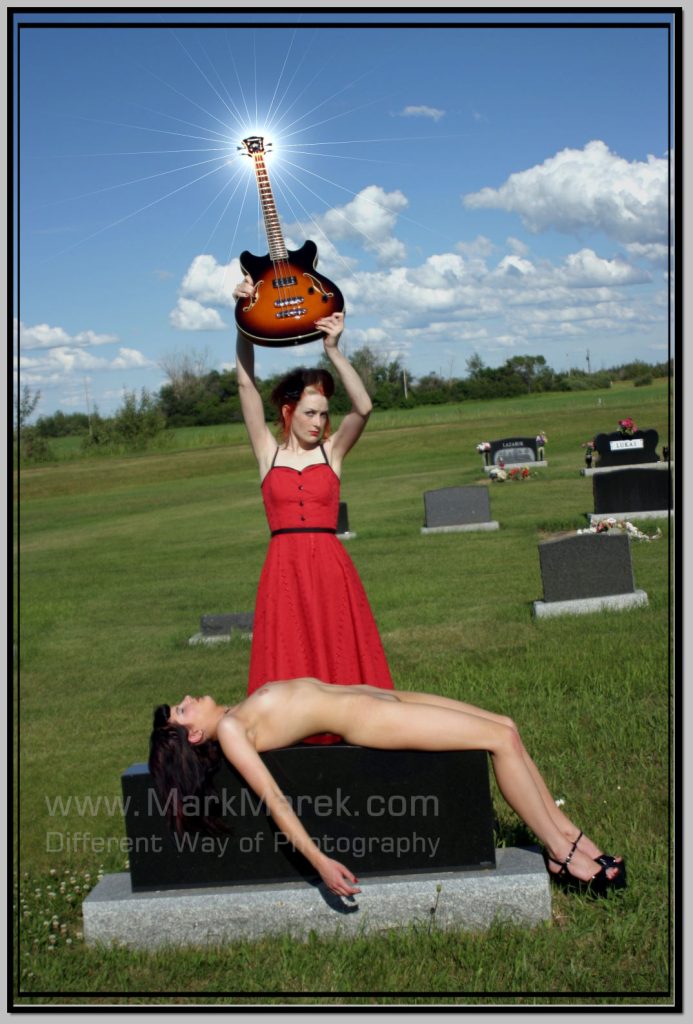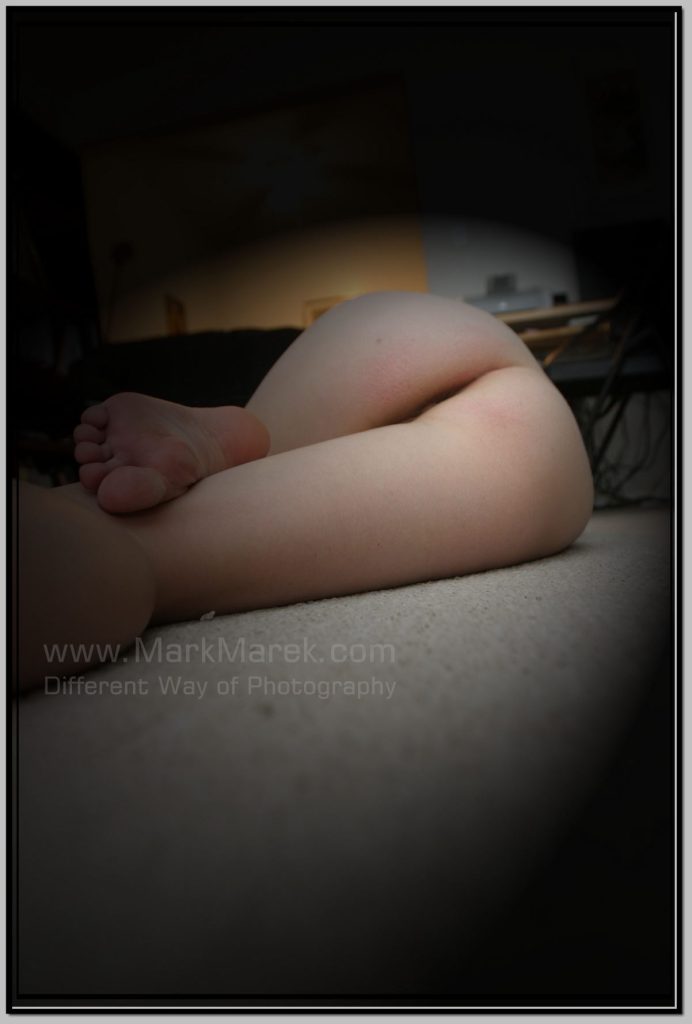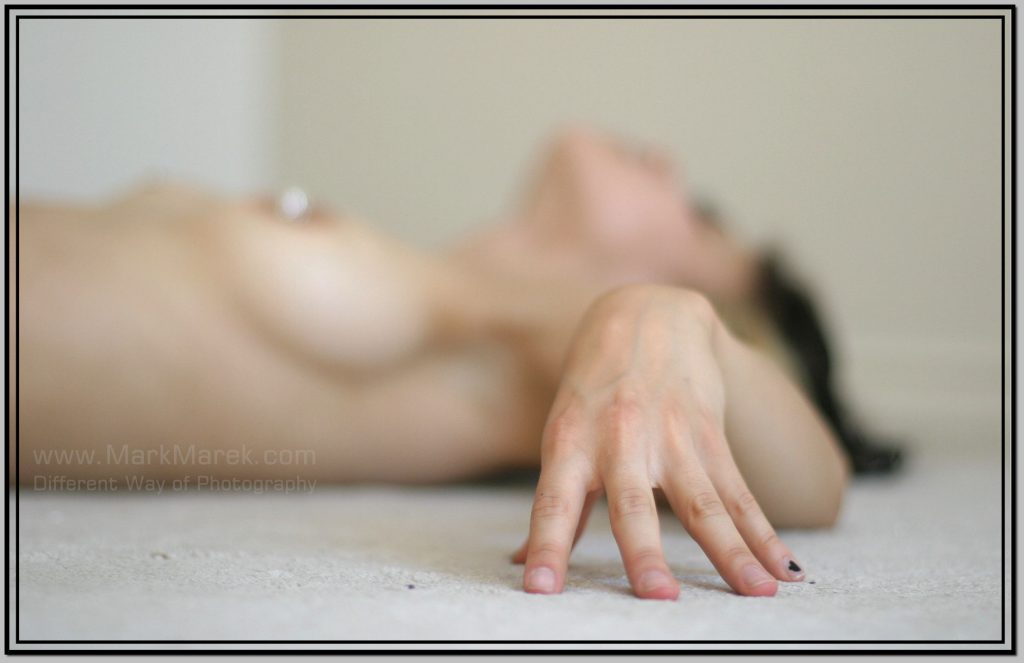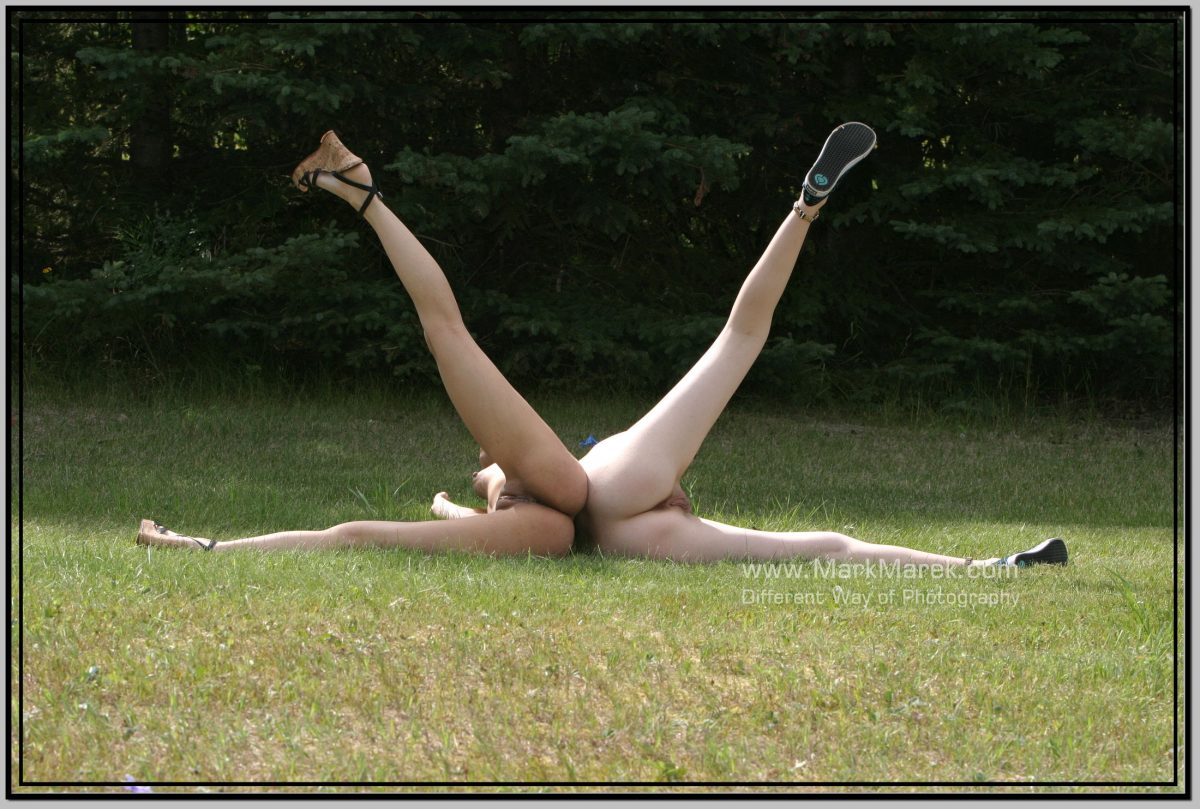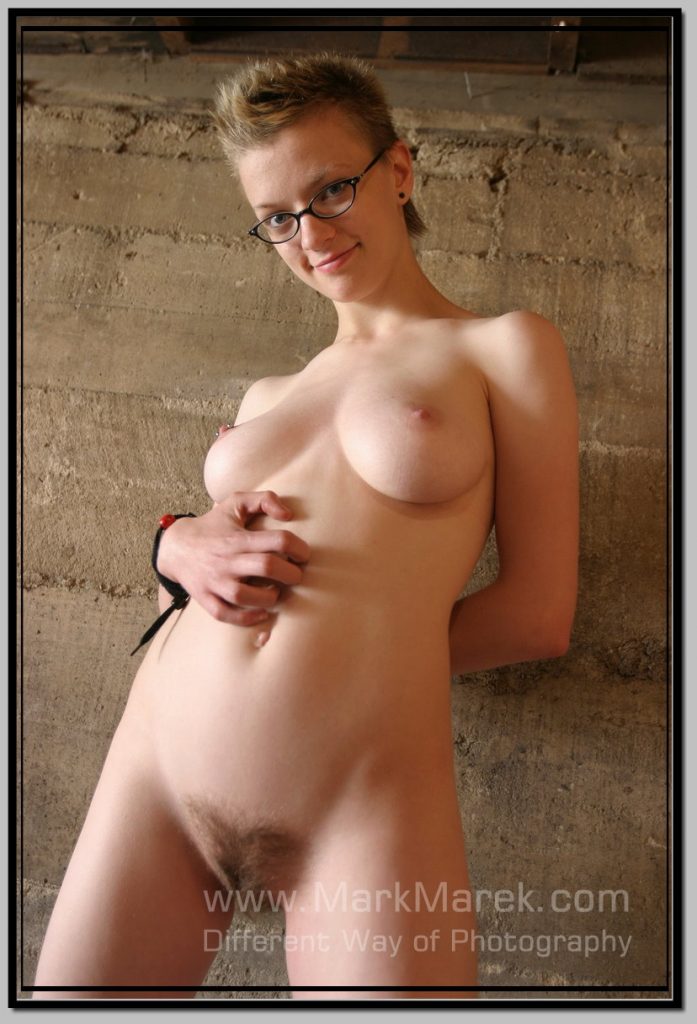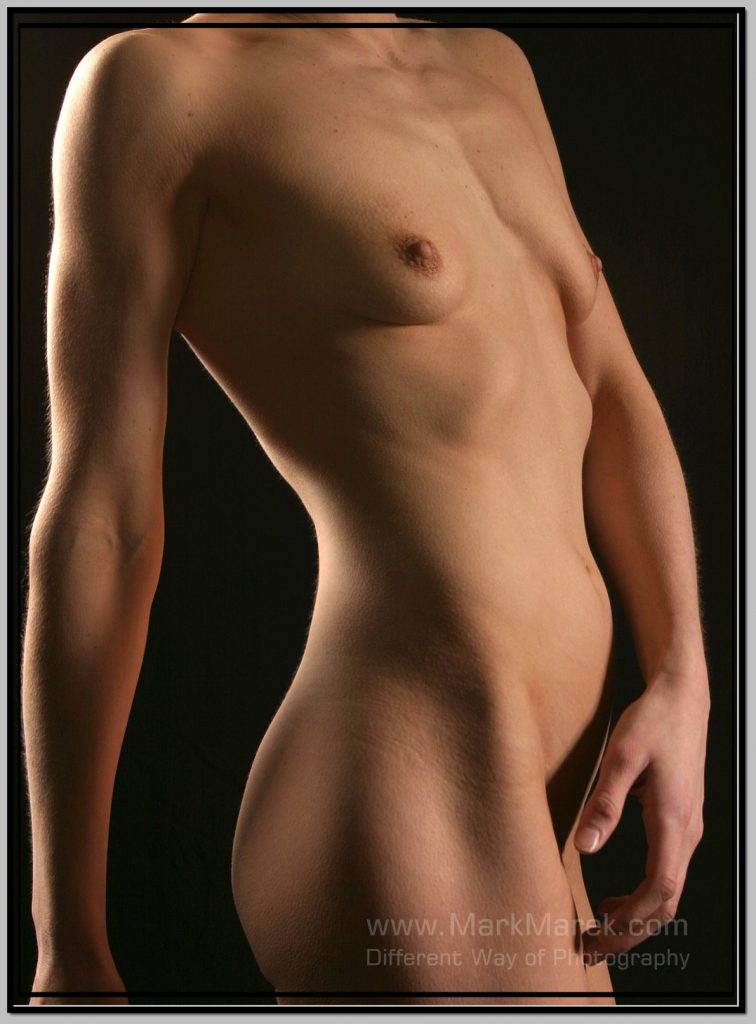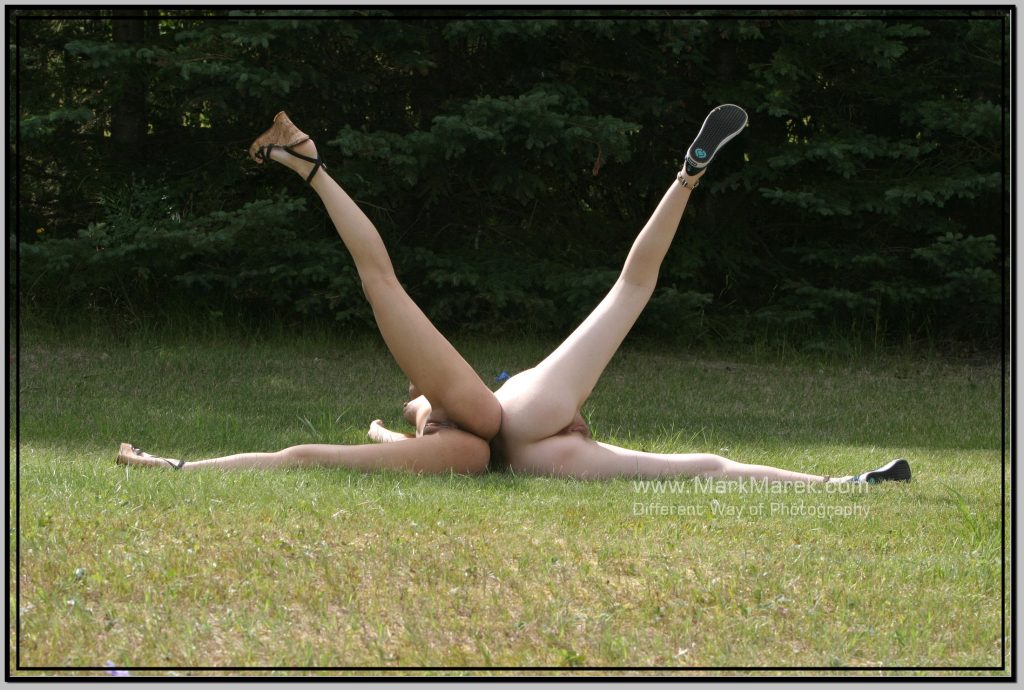Nude Photography is a beautiful art form that has been practiced for centuries. With the advancement of digital photography and editing software, photographers now have an array of tools at their disposal to enhance and manipulate their images. Through bullet points, in this article, we will explore how to achieve different effects in nude photography using editing software. Detailed articles on each bullet point will be added in the near future.
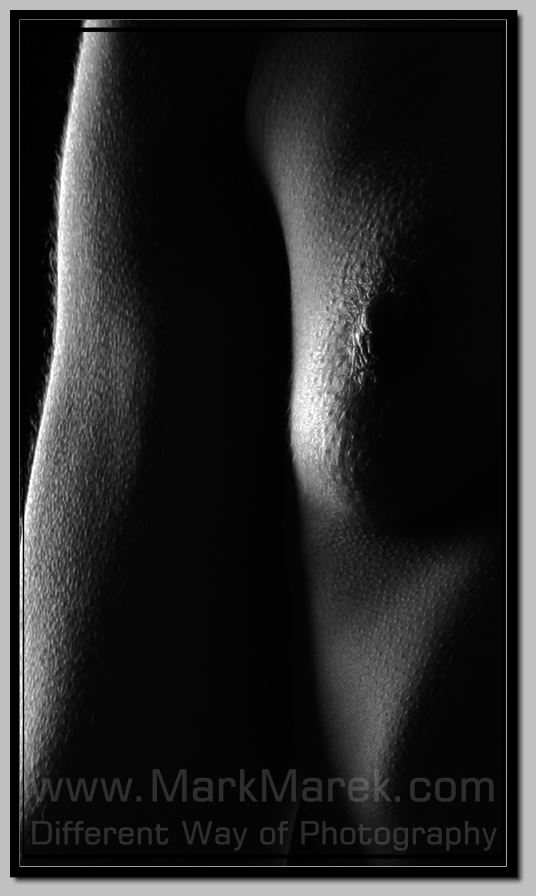
Section 1: Understanding the Basics of Editing Software
- Introduction to editing software for nude photography
- Understanding image file formats and color spaces
- Basic editing tools in popular software (Photoshop, Lightroom, etc.)
- Importance of non-destructive editing
Section 2: Enhancing Skin Tone and Texture
- Importance of skin tone in nude photography
- Techniques for adjusting skin tone
- Retouching skin blemishes and imperfections
- Using filters and presets for skin texture enhancement
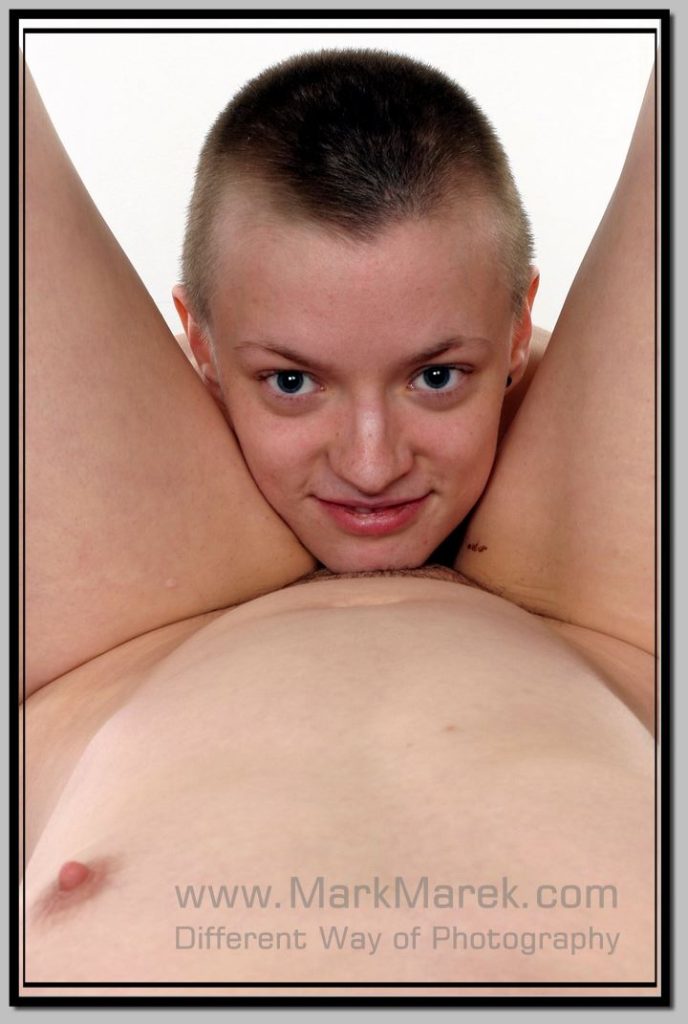
Section 3: Adjusting Light and Contrast
- Understanding the importance of light in nude photography
- Techniques for adjusting exposure and contrast
- Using dodge and burn tools for selective adjustments
- Adding light flares and other effects
Section 4: Creative Manipulation Techniques
- Creating selective focus with blur and bokeh
- Adding artistic filters and effects
- Using composite techniques for creative manipulation
- Creating black and white and duotone images
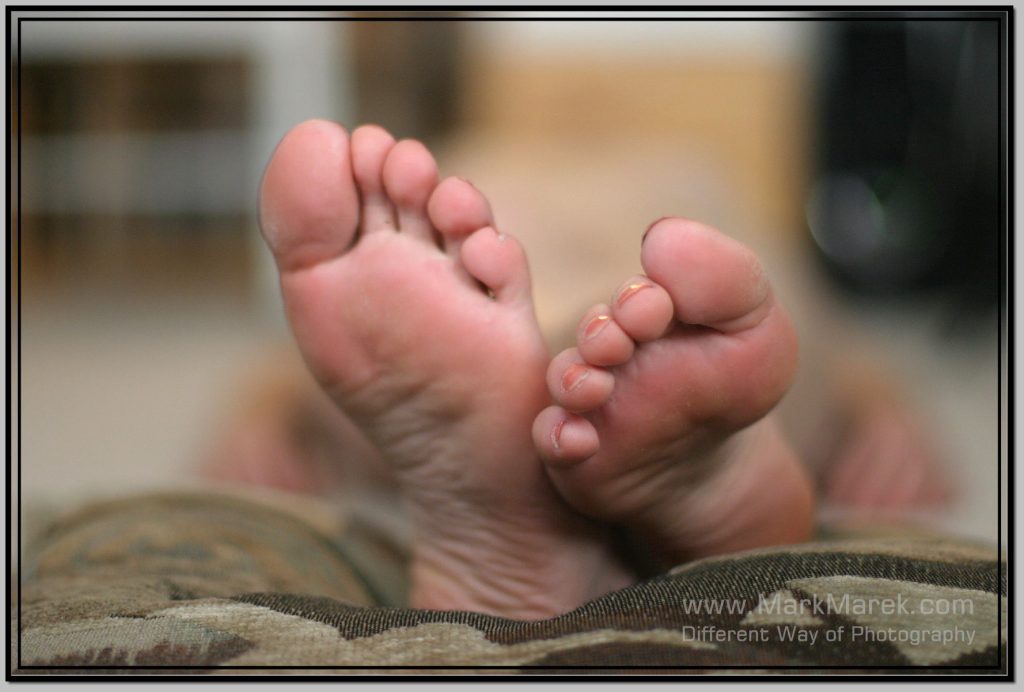
Section 5: Tips and Tricks for Better Nude Photography Editing
- Importance of a good workflow
- Backing up your work
- Using presets and actions for faster editing
- Best practices for printing and displaying your work
Conclusion:
Editing software is a powerful tool that can take your nude photography to the next level. With the techniques outlined in this article, you can achieve stunning effects that will captivate your audience. Remember to always use your skills ethically and responsibly.

